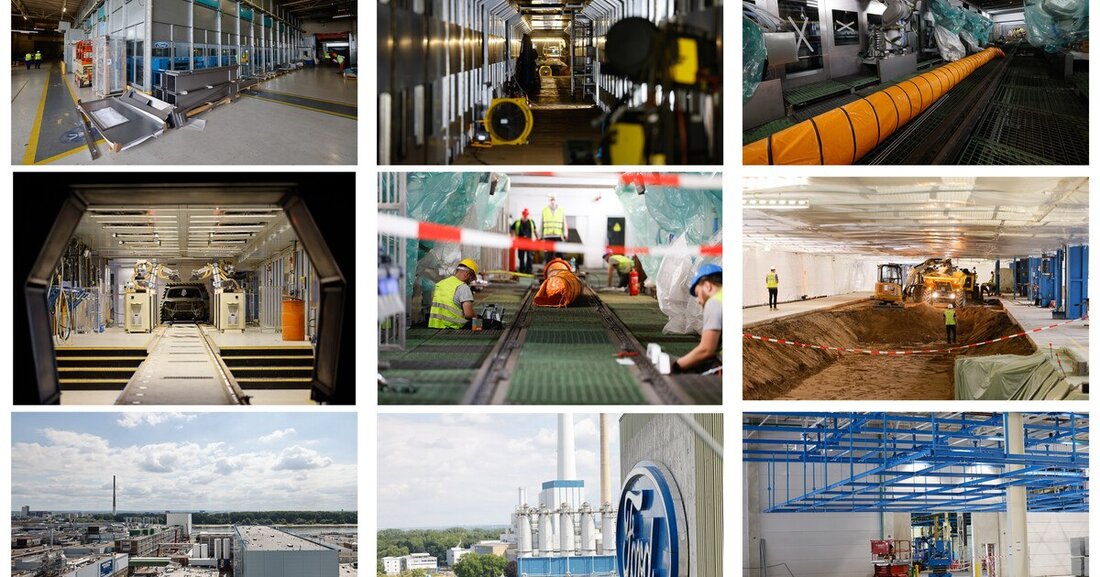Ford wants to be able to build enough batteries
Ford publishes plan to secure battery capacity for its electric cars.

Ford wants to be able to build enough batteries
This is what the Ford plan looks like in detail:
- Ford nutzt weitere Batterietechnologie und hat Verträge über eine jährliche Batteriekapazität von 60 GWh (Gigawattstunden) abgeschlossen, um bis Ende 2023 ein globales Produktionsvolumen von 600.000 Elektrofahrzeugen zu verwirklichen.
- Erstmals werden in Nordamerika Lithium-Eisenphosphat-Batterien für den Mustang Mach-E (ab 2023) und Anfang 2024 auch für den F-150 Lightning verfügbar sein. Dadurch wird mehr Batteriekapazität für stark nachgefragte Produkte bereitgestellt.
- Ford hat sich bereits 70 Prozent der erforderlichen Batteriekapazität gesichert, um bis 2026 das jährliche Ziel von zwei Millionen produzierten Elektrofahrzeugen erreichen zu können und plant, eine jährliche Batteriekapazität auf Basis der Lithium-Eisenphosphat-Technologie von 40 GWh in Nordamerika ab 2026 aufzubauen. Neue Vereinbarung mit CATL (Anmerkung: damit ist das Unternehmen Contemporary Amperex Technology Co., Ltd. gemeint) über strategische Zusammenarbeit für die globale Batterieversorgung sowie direkte Beschaffung von Batterierohstoffen in den USA, Australien und Indonesien.
- Das Unternehmen erwartet eine durchschnittliche jährliche Wachstumsrate von mehr als 90 Prozent für Ford-Elektrofahrzeuge bis 2026. Mehr als doppelt so viel wie globale Prognosen für die gesamte Branche vorhersagen (laut Ford).
- Das Ford Cologne Electrification Center wird mit neuen, energieeffizienten Lösungen ausgestattet, die mehr als 2.000 Tonnen CO2 und mehr als 2.600 MWh elektrische Energie pro Jahr einsparen sollen.
The Ford plant in Cologne-Niehl is currently undergoing a comprehensive redesign to prepare for the production of electric vehicles from 2023. This includes the construction of a new 2,500 square meter building in which a new and efficient body surface treatment system will be installed on five levels.
In addition, energy efficient solutions are being introduced in the current production facilities in order to achieve the savings described above. The first fully electric car is scheduled to roll off the production line there in 2023, with a second electric model to follow from mid-2024. An annual volume of 200,000 vehicles is expected to be produced at the Cologne location.
The renovation of the plant in Cologne-Niehl is an important step for Ford on the way to a fully electric future. By 2035, Ford not only plans to sell only zero-emission vehicles in Europe, but also to achieve climate neutrality at all European locations as well as in logistics and suppliers.

 Suche
Suche
 Mein Konto
Mein Konto